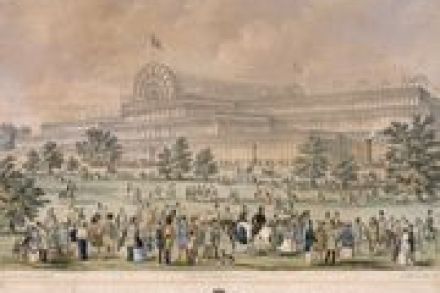Ravishing beauty
For a composer who gave so much delight to so many, Ravel occupies a peculiar position in 20th-century music. Stravinsky’s famous description, ‘the most perfect of Swiss clockmakers’, still brings a chortle of recognition, though it might be better to think of him as a jeweller. In the words of one critic, writing in 1906, his music conceals tenderness ‘beneath a surface of flashing, kaleidoscopic precious stones’. Either way, he has probably been patronised by kind words more than any other great composer. Some listeners, it is clear, never forgave him for not being Debussy. Even the famous piano concerto, premiered in 1932, five years before his death, was damned












